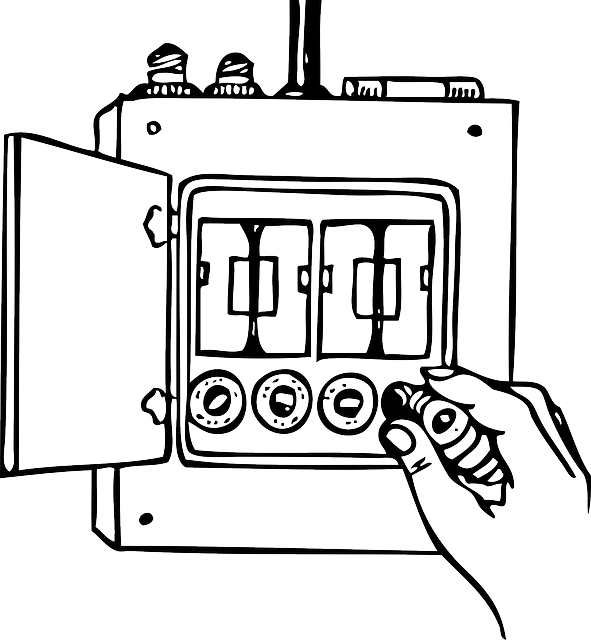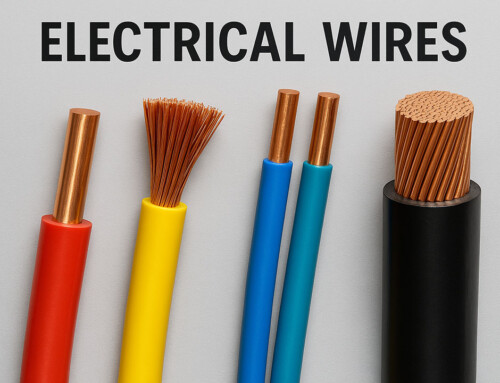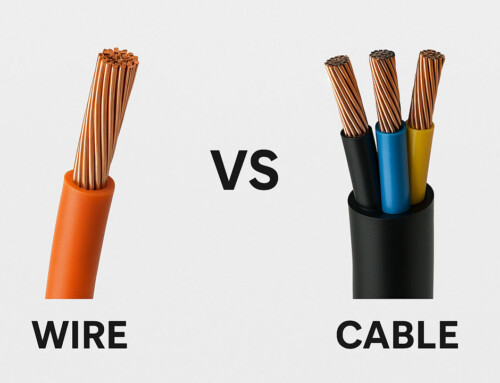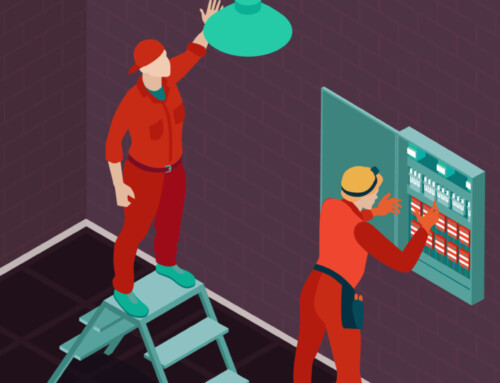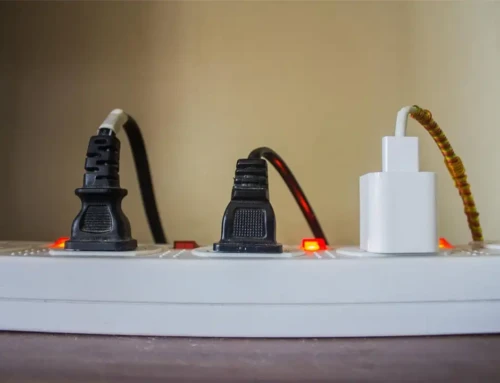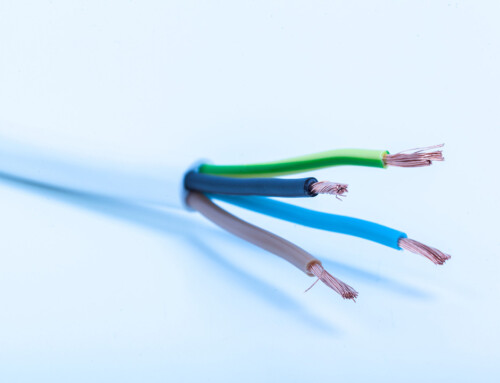Table of Contents
There are many electrical hazards in industrial plants including arc blasts, shock and arc flash. These can result in serious injuries. Accidents involving electricity may sometimes be fatal. Industrial plant environments create potential for these events to occur not only to plant owners, but also to maintenance staff.
Electricians often assume that these hazards do not apply to them. These beliefs often persist until a major incident occurs that results in both financial and personal repercussions, that result in a change in policy within the plant.
Effecting change
Implementing policies that encourage a culture of electrical safety doesn’t have to be reactive. Taking steps to minimize the risks associated with electrical hazards will create a safe working environment for everyone, and not just the maintenance team.
One of the most important aspects of enhancing safety is establishing a routine for the maintenance of electrical equipment in the facility. This is not only vital for optimizing the performance of the equipment, but also ensuring reliability, safety and preventing unnecessary downtime.
According to the Standard for Electrical Safety in the Workplace (NFPA 70E) from the National Fire Protection Association, facility managers are responsible for ensuring that maintenance of electrical equipment is carried out as per the manufacturers’ instructions or in accordance to industry standards. These maintenance activities must be documented by the manager.
As strong as your weakest link
While regular maintenance is vital for improving equipment performance and preventing electrical hazards, this practice will only be effective if the people performing it are as effective. Ensuring that people are not only qualified but also well trained will ensure that they can perform their maintenance tasks properly.
Training maintenance personnel not only ensures that your facility complies with the latest OSHA and NFPA codes and standards, but also helps to reduce injuries and fatalities related to electrical injuries in the workplace.
Benefits of a good training program
- Improved facility performance Ensuring that maintenance personnel are well-trained ensures that they can carry out maintenance tasks properly. Personnel are better able to understand what is required. Regular training also ensures that they keep up-to-date with any improvements or changes that they need to be aware of. This ensures that electrical equipment performs at its optimum.
- Enhanced safety for maintenance staff Contrary to popular belief, maintenance personnel are at a higher risk of being injured or killed as a result of an electrical hazard. Proper training can help to reduce the risks associated with electrical hazards.
- Human error prevention Inadequate knowledge and skills can result in unplanned downtime as well as equipment failures. If your maintenance personnel lack the skills, knowledge or experience necessary to properly maintain electrical equipment, they may cause more damage than good in the optimization of the system’s performance. They may instead cause failures in the facility. Ensuring that electrical equipment is maintained by personnel who are well trained and experienced reduces incidents of human error that could result in unwanted downtime.
- Improving overall plant safety Ensuring that only skilled and well trained personnel work on electrical equipment enhances safety not only for the maintenance staff, but for your entire plant. More than 400 fatalities occur every year as a result of electrical hazards. Electrocution incidents alone are responsible for more than 10,000 serious injuries annually. Training personnel responsible for maintaining, testing and servicing equipment helps to combat electrical hazard risks and the devastating consequence of exposure to these risks.
New training requirements in an industrial plant
The risk of arc flash exposure has increased over the years with greater dependence of plants on electrical equipment. As a result, OSHA and NFPA have revised their training requirements to encourage a safer working environment.
The updates to the NFPA’s Standard for Electrical Safety in the Workplace have included new requirements for electrical safety training. OSHA included significant revisions to OSHA CFR 1910.269 following the publication of the organization’s requirements for arc flash protection in 2014.
The new training requirements include:
- Definition of qualified workers New training requirements by OSHA and NFPA require that only personnel who are qualified be allowed to carry out maintenance and testing on electrical equipment. OSHA and NFPA outline the requirements for qualified workers stating that while a person may be considered qualified with respect to certain methods and equipment, they may be unqualified for a different situation.
- What training is required and at what frequency NFPA and OSHA outline the requirements for specific training that must be provided for maintenance personnel and the frequency with which this training should be provided.
Invest in training
Maintenance plays a crucial role in optimizing the performance of your facility. Ensuring that your maintenance team is adequately equipped with knowledge and skills will help to further optimize the facility’s performance as well as improve safety. You can nurture a great in-house maintenance team by applying the best practices through maintenance training.

